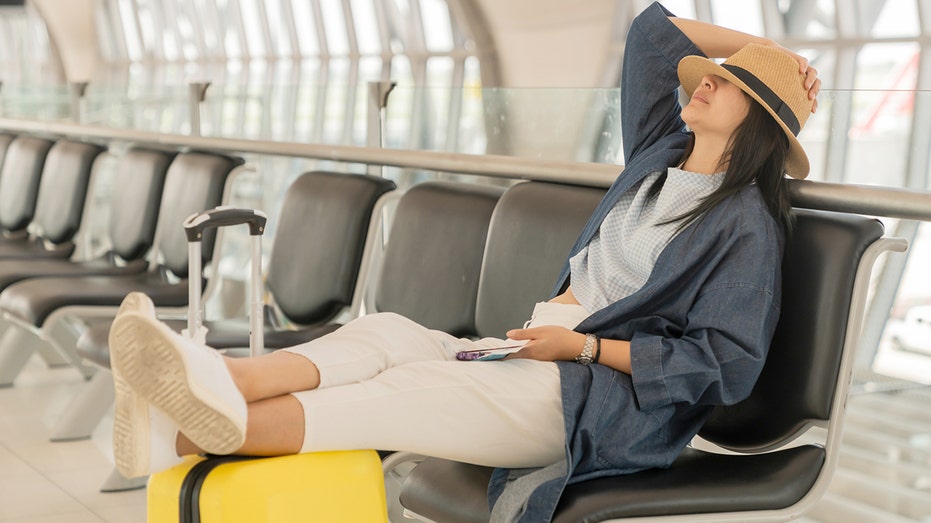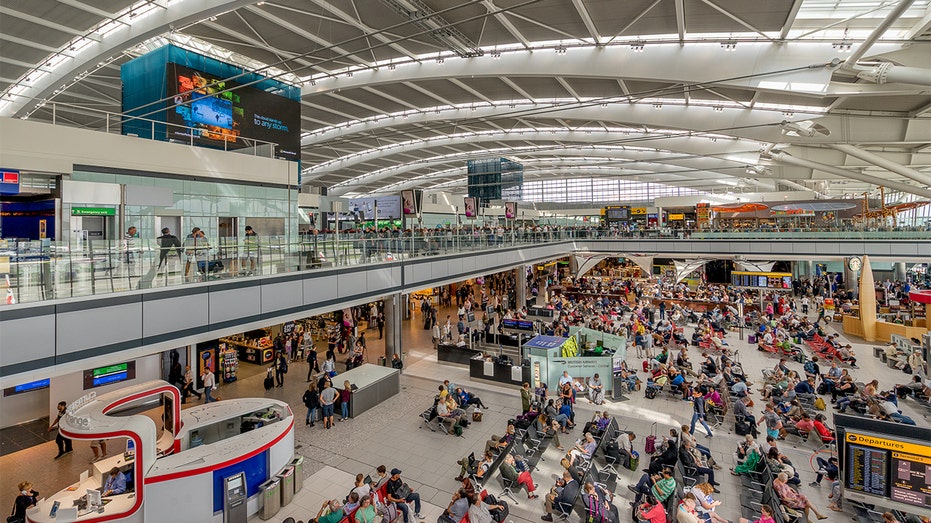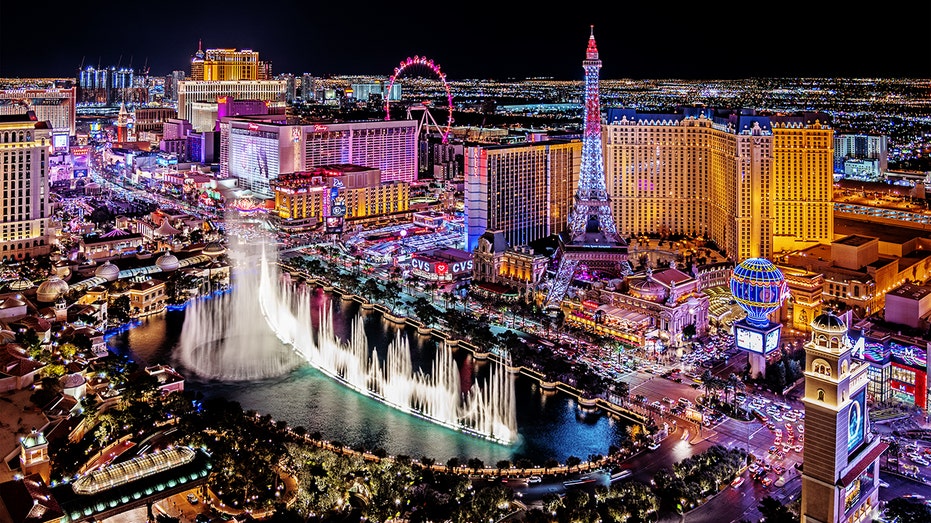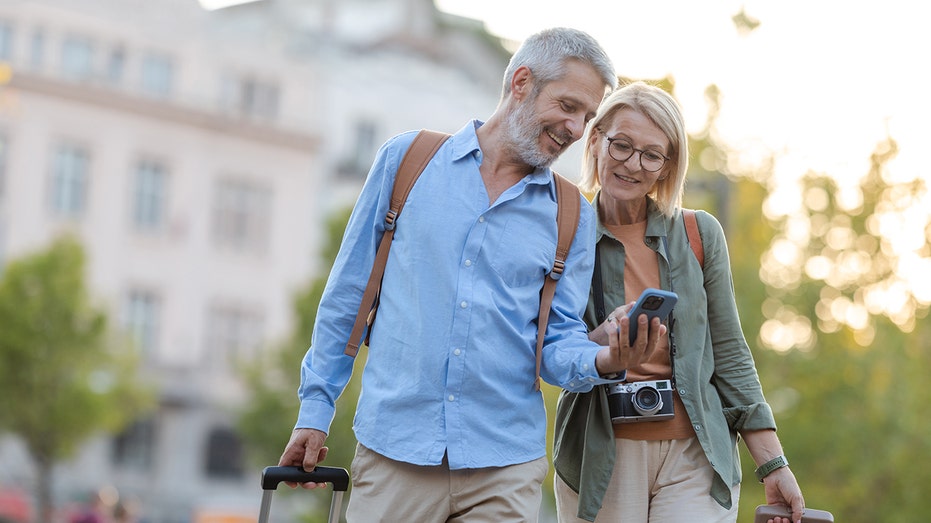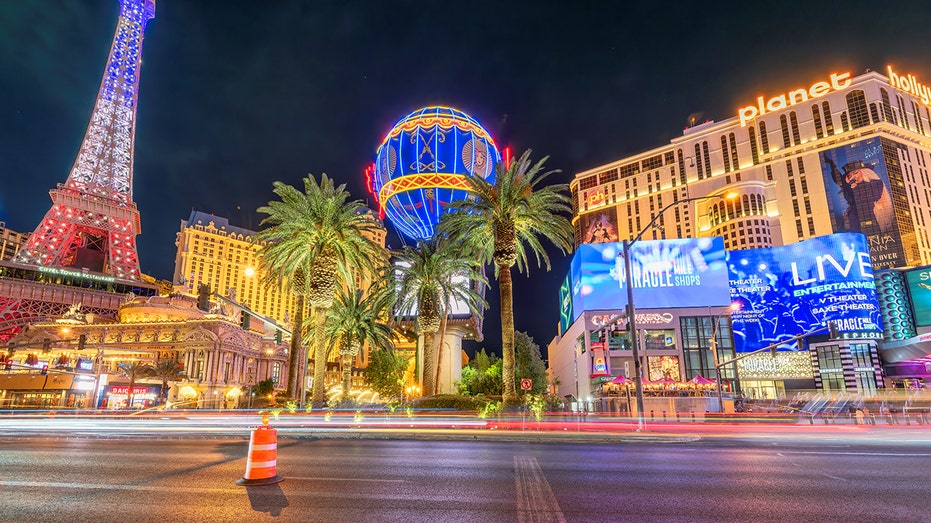Doctor’s Secret Weapons for Outsmarting Jetlag Before It Hijacks Your Trip

Sarah Johnson
August 5, 2025
Brief
Dr. Nazario reveals the melatonin, sleep-mask hacks and schedule tricks that beat jetlag before it beats you.
If you’ve ever landed in Paris feeling like a half-deflated soufflé, you already knowb>jetlag is more than just a punchline to your vacation slideshow: it’s the unwanted souvenir that keeps on taking. Dr. Brunilda Nazario, WebMD’s medical boss and certified sleep whisperer, calls it "a very common symptom of longer travel, much more than just several days of excessive sleepiness or insomnia." Translation: your brain and your body are arguing about bedtime like toddlers fighting over a toy.
Why does crossing a few time zones knock us sideways? Blame the circadian rhythm, an internal 24-hour metronome synced to sunrise, sunset, and the occasional TikTok doom-scroll. Long flights starve the body of oxygen and pump the plane with desert-dry air—add in hours of cramped sitting and legroom worthy of a Barbie dream house—and hormones responsible for sleep, hunger, and even menstrual timing all stage a mutiny.
Flying eastward (say, L.A. to New York) forces you to advance your clock—think of it as convincing your brain to become a morning person despite decades of evidence to the contrary. Flying westward (NYC to London) asks it to delay, which is marginally easier, like pretending brunch counts as an early lunch. Either way, your internal calendar gets the digital equivalent of a glitchy software update.
Symptoms read like a medical drama recap: foggy focus, drunk-style coordination, drowsiness so heavy you could bottle it. Do it often enough, and scientists warn the collateral damage creeps from annoying to alarming—higher risk of diabetes, high blood pressure, obesity, and mood disorders. Yes, jetlag can apparently fatten and depress you faster than a flight-delay burrito.
Luckily, the doctor has a secret weapons toolkit:
- Pre-flight time travel: Shift bedtime and wake-up by an hour or two in the direction of your destination a few days pre-trip. East-coasters, start channeling your inner early bird; west-coasters, embrace your inner college student.
- Smart booking: Short layovers aren’t just efficient; they’re mini recovery zones for your body clock, letting you recalibrate before the final hop.
- Melatonin, the ‘darkness hormone’: Pop a low-dose supplement 30-60 minutes before local bedtime (after a doctor consultation, naturally) to trick your brain into thinking midnight already happened.
- Sleep-mask diplomacy: Light shuts down melatonin faster than airline wifi crashes at cruising altitude. Block the cabin glare and pretend you’re in a five-star cave.
- Symptom swat team: Caffeine rescues daytime sleepiness; OTC sleep aids or prescription muscle relaxants can usher you into slumber—use sparingly unless you fancy arriving addicted to Ambien.
Bottom line: jetlag isn’t random turbulence; it’s predictable, treatable, and—if you plan smarter—sometimes skippable. Pack the melatonin, practice pre-trip bedtime gymnastics, and you might just exit the plane as a functional human being. Worst-case? You’ll have a great excuse to binge Netflix in your hotel room “for medicinal purposes.”
Topics
Editor's Comments
Memo to self: never again call melatonin the ‘darkness hormone’ within earshot of a moody teenager who thinks that’s a band name. Also, if airlines truly cared, they’d offer built-in circadian rhythm playlists—track one: whale sounds at 90 BPM to trick your brain into thinking you’re sleeping in an Icelandic lagoon. Until then, bring your own eye mask and dream of the day when turbulence is actually spa therapy.
Like this article? Share it with your friends!
If you find this article interesting, feel free to share it with your friends!
Thank you for your support! Sharing is the greatest encouragement for us.
